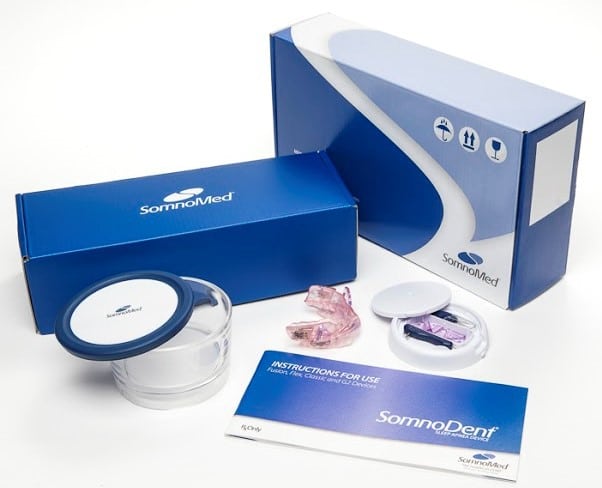Symptoms
Symptoms of obstructive sleep apnoea
A feeling of being poorly rested after sleep is common, along with the need to take afternoon or daily naps. Because the sleep apnoea events result in repeated sleep interruptions throughout the night, for many people the quality of sleep is affected more than the quantity, in particular deep sleep and rapid eye movement sleep (REM). Lack of sleep during these stages causes the greatest degree of daytime sleepiness. This can affect many aspects of your life including your social life, work life and your ability to drive safely.
Not everyone who snores has sleep apnoea, but nearly everyone who has sleep apnoea snores. If you snore loudly, disturbing your bed partner to the point where they are having to wear ear plugs, this could be a symptom of sleep apnea.
If you regularly wake during the night gasping for air, this may be cause for concern. Sometimes your bed partner will be the one who notices a pause in breathing, as though you are holding your breath for several seconds before a loud gasp.
Research suggests that there is a link between obstructive sleep apnoea and erectile dysfunction.
When we stop breathing, we automatically move around, trying to get into a position where the airway is more open. If you keep waking up in the middle of the night, you may feel like you never reach a deep, restorative sleep. This coupled with other sleep deprivation symptoms could be a sign of sleep apnoea
Studies reveal that when people fail to get enough sleep, concentration, coordination, memory, and mood suffer. Without restorative sleep, brain power suffers.
If the airway collapses during inspiration (a breath in) while sleeping, the effort of the diaphragm pulling up to breath can create negative pressure in the chest. This pressure can in turn lead to narrowing of the oesophagus, causing it to act like a straw, pulling the contents of the stomach up through the oesophagus and throat, creating the acid burning feeling of gastric reflux in the chest and throat.
Airway obstruction can result in significant changes within the bloodstream along with increased carbon monoxide. The headaches affect both sides of the head and usually resolve within thirty minutes of waking, because once you’re awake, the lungs move air in and out more efficiently and the carbon dioxide level returns to normal.
Many people with sleep apnoea sleep with their mouths open so this is the likely culprit of a dry mouth or a sore throat.
Many important functions take place in your body while you sleep. Without necessary rest, hormone levels that play a role in how hungry you feel can be disrupted. Feeling tired can have you reaching for sugary treats or caffeinated drinks, often loaded with calories, to help you wake up and to satisfy your increased hunger. Unfortunately, this can cause a vicious cycle as those extra calories will lead to weight gain which in turn leads to further sleep disruptions. This is due to the extra weight pressure on your throat causing further collapse of the airway.

What are the effects of sleep apnoea if left untreated?
Sleep apnoea consequences can be significant. When left untreated, sleep apnoea can lead to several physical issues and diseases, as well as major health complications, including:
- High blood pressure
- Cardiovascular disease
- Stroke
- Obesity
- Diabetes
- High cholesterol
- Sexual dysfunction
- Lack of daytime alertness
You are also 7 times more likely to have a fatal car accident if driving while tired.
For more information, please visit www.somnomed.com/gb/

